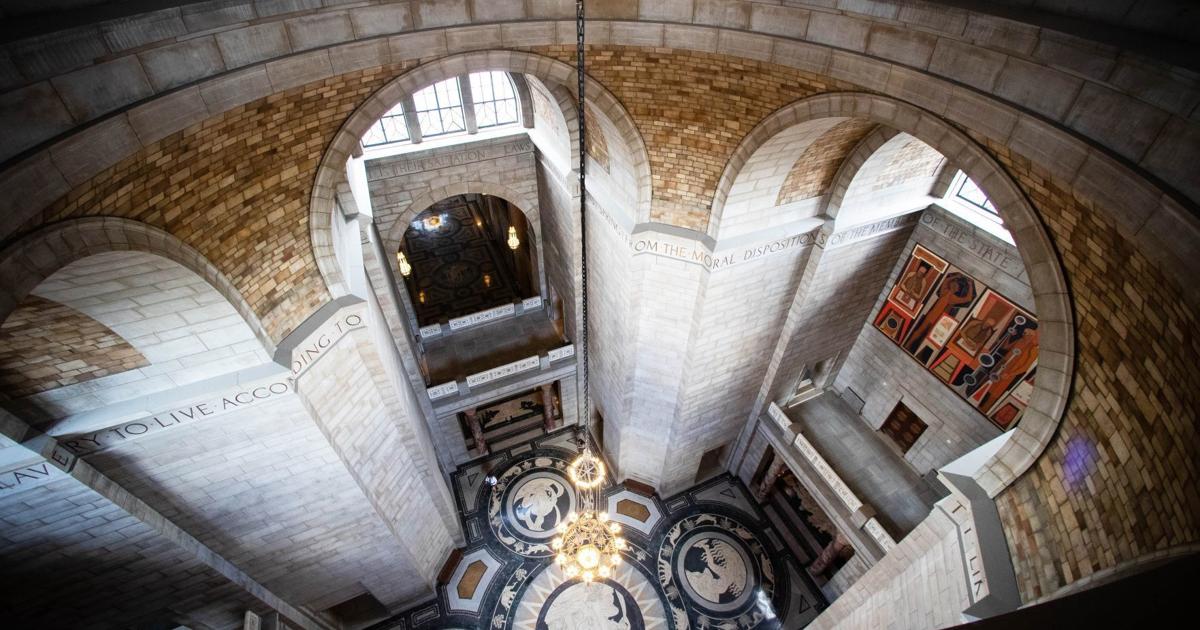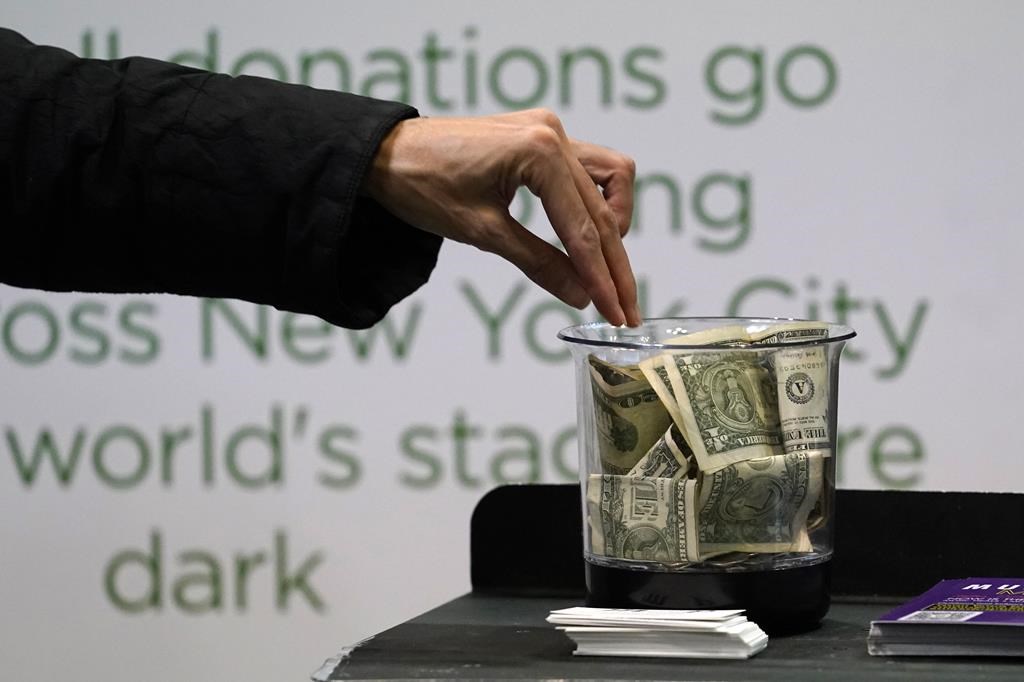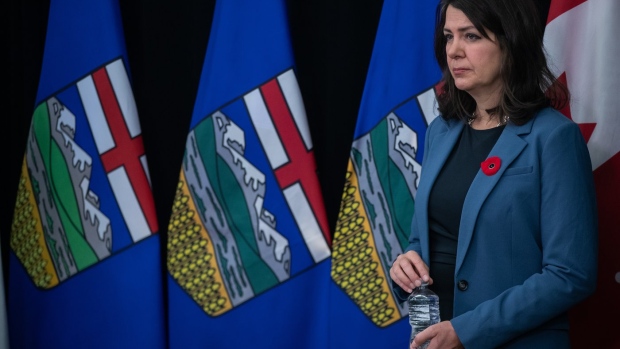‘Transformative’ Nebraska tax cut package advances after stumbling twice | Politics

Table of Contents
LINCOLN — The third time proved a charm Wednesday for a tax cut package that backers called “transformative” and a “once-in-a lifetime opportunity.”
Nebraska lawmakers advanced the package on a 44-0 vote, after debating and approving pieces separately. The vote on Legislative Bill 873 represented a marked turnaround from last week, when opponents twice blocked other attempts to advance the tax package.
On Friday, backers fell one vote short of ending a filibuster against the proposal. Earlier in the week, opponents stopped an attempt to attach the package to a different bill.
On Wednesday, State Sen. Lou Ann Linehan of Elkhorn, the Revenue Committee chairwoman, urged colleagues to pass the package to move Nebraska forward. Other supporters argued that it was needed to keep people and businesses from leaving the state for places with lower taxes.
Several described the package as a unique opportunity made possible by the state’s strong revenue growth over the past couple of years and its record-high coffers.
People are also reading…
“This package of tax relief truly is transformative and it benefits all Nebraskans,” said Sen. Tom Briese of Albion. He later explained that some Nebraskans would benefit indirectly, through increased economic activity in the state.
The proposal would ratchet down the state’s top corporate and individual income tax rates over five years, expand income tax credits offered to property taxpayers and phase out income taxes on Social Security benefits.
Opponents raised concerns about the impact of the package on state tax revenues in future years, particularly after the state is no longer getting federal pandemic recovery funds.
Revenue Department officials estimate the package would reduce state revenues by $565 million by fiscal year 2024-25. The OpenSky Policy Institute calculated the reduction at about $900 million by fiscal year 2027-28, when all pieces of the package are fully implemented.
“It is reckless, it is irresponsible,” said Sen. Machaela Cavanaugh of Omaha. “They are making a choice to bankrupt the state.”
Some senators criticized the package for leaving out large numbers of Nebraskans.
The personal income tax cuts would leave out single filers making less than $40,676 or married filers making less than $81,352, unless they get Social Security benefits. The property tax credits would leave out anyone who does not own property. The corporate income tax cuts would leave out businesses making less than $100,000 of taxable income.
Still, four of the five pieces of the package drew strong support when lawmakers considered each separately.
The weakest support was for the proposal to ratchet down the top corporate income tax rate to 5.84% over five years. Under current law, the top corporate rate is 7.5% for this year and is slated to drop to 7% next year.
Sen. John Cavanaugh of Omaha said that more than 80% of the corporate income tax cuts would go to businesses based outside of Nebraska. Corporate taxes are based on sales in the state, not location, so lowering the top rate would not be an incentive for businesses to come to Nebraska, he said.
But Sen. Mike Flood of Norfolk said the top corporate tax rate is one factor businesses consider when deciding where to locate. Linehan argued that lower corporate taxes benefit people who have money in mutual funds, retirement plans and other investments that include equities.
Lawmakers approved the corporate tax change on a 32-12 vote, but voted 43-0 to approve a reduction in the top individual tax rate. The rate would ratchet down to 5.84% over five years. The top individual rate is 6.84% now.
Another popular piece of the package would help property owners by creating a new refundable income tax credit equal to a portion of what they pay in community college property taxes.
The proposed community college credit program would start at $50 million this year and ramp up to $195 million by 2026. At full implementation, the program could offset about three-quarters of community college property taxes.
The new credit program would be similar to the LB 1107 program created two years ago, which offsets a portion of what property owners pay in school property taxes.
The LB 1107 program will provide up to $548 million worth of credits this year, equal to about one-quarter of school property taxes. The tax package advanced Wednesday would set the size of that credit program at $560.7 million for 2023.
Once reaching the maximum value set in the package, the school and community college credit programs would be allowed to grow by the same percentage that property valuations in the state grow, up to a 5% maximum.
The final piece of the package would phase out income taxes on Social Security benefits in four steps.
Meet the Nebraska state senators
Nebraska has 49 state senators in the Legislature. Scroll through to find your state senator and others.

State Sen. Julie Slama
District: 1
From: Sterling
Party: Republican

State Sen. Robert Clements
District: 2
From: Elmwood
Party: Republican

State Sen. Carol Blood
District: 3
From: Bellevue
Party: Democratic

State Sen. Robert Hilkemann
District: 4
From: Omaha
Party: Republican

State Sen. Mike McDonnell
District: 5
From: Omaha
Party: Democratic

State Sen. Machaela Cavanaugh
District: 6
From: Omaha
Party: Democratic

State Sen. Tony Vargas
District: 7
From: Omaha
Party: Democratic

State Sen. Megan Hunt
District: 8
From: Omaha
Party: Democratic

State Sen. John Cavanaugh
District: 9
From: Omaha
Party: Democratic

State Sen. Wendy DeBoer
District: 10
From: Bennington
Party: Democratic

State Sen. Terrell McKinney
District: 11
From: Omaha
Party: Democratic

State Sen. Steve Lathrop
District: 12
From: Omaha
Party: Democratic

State Sen. Justin Wayne
District: 13
From: Omaha
Party: Democratic

State Sen. John Arch
District: 14
From: La Vista
Party: Republican

State Sen. Lynne Walz
District: 15
From: Fremont
Party: Democratic

State Sen. Ben Hansen
District: 16
From: Blair
Party: Republican

State Sen. Joni Albrecht
District: 17
From: Thurston
Party: Republican

State Sen. Brett Lindstrom
District: 18
From: Lincoln
Party: Republican

State Sen. Mike Flood
District: 19
From: Norfolk
Party: Republican

State Sen. John McCollister District: 20 From: Omaha Party: Republican

State Sen. Mike Hilgers
District: 21
From: Lincoln
Party: Republican

State Sen. Mike Moser
District: 22
From: Columbus
Party: Republican

State Sen. Bruce Bostelman
District: 23
From: Brainard
Party: Republican

State Sen. Mark Kolterman
District: 24
From: Seward
Party: Republican

State Sen. Suzanne Geist
District: 25
From: Lincoln
Party: Republican

State Sen. Matt Hansen
District: 26
From: Lincoln
Party: Democratic

State Sen. Anna Wishart
District: 27
From: Lincoln
Party: Democratic

State Sen. Patty Pansing Brooks
District: 28
From: Lincoln
Party: Democratic

State Sen. Eliot Bostar
District: 29
From: Lincoln
Party: Democratic

State Sen. Myron Dorn
District: 30
From: Adams
Party: Republican

State Sen. Rich Pahls
District: 31
From: Omaha
Party: Republican

State Sen. Tom Brandt
District: 32
From: Plymouth
Party: Republican

State Sen. Steve Halloran
District: 33
From: Hastings
Party: Republican

State Sen. Curt Friesen
District: 34
From: Henderson
Party: Republican

State Sen. Raymond Aguilar
District: 35
From: Grand Island
Party: Republican

State Sen. Matt Williams
District: 36
From: Gothenburg
Party: Republican

State Sen. John Lowe
District: 37
From: Kearney
Party: Republican

State Sen. Dave Murman
District: 38
From: Glenvil
Party: Republican

State Sen. Lou Ann Linehan
District: 39
From: Elkhorn
Party: Republican

State Sen. Tim Gragert
District: 40
From: Creighton
Party: Republican

State Sen. Tom Briese
District: 41
From: Albion
Party: Republican

State Sen. Mike Jacobson
District: 42
From: North Platte
Party: Republican

State Sen. Tom Brewer
District: 43
From: Gordon
Party: Republican

State Sen. Dan Hughes
District: 44
From: Venango
Party: Republican

State Sen. Rita Sanders
District: 45
From: Bellevue
Party: Republican

State Sen. Adam Morfeld
District: 46
From: Lincoln
Party: Democratic

State Sen. Steve Erdman
District: 47
From: Bayard
Party: Republican

State Sen. John Stinner
District: 48
From: Gering
Party: Republican

State Sen. Jen Day
District: 49
From: Omaha
Party: Democratic






